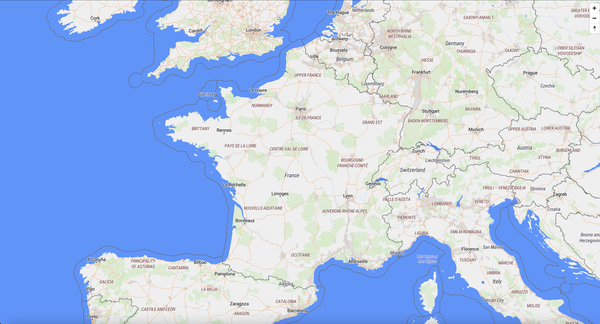Solving Docker's Volume Puzzle: A Simple Guide to Deleting Volumes

Docker – the go-to for seamless container deployment. Yet, when it comes to cleaning up volumes, frustration often takes center stage. Imagine crafting your container masterpiece, only to hit a wall when trying to delete volumes. The commands feel like a riddle, leaving you with a headache and data remnants you never intended.
But worry not! This article is your ticket to unraveling the mystery of volume deletion in Docker. By the end, you'll wield a user-friendly Docker CLI that turns volume management from a headache to a breeze. Say goodbye to Docker-induced frustration as we guide you through the world of volume handling, making it a smooth ride for all your container endeavors.
Tested on:
- Linux
- Mac
Step 1: Setting the Stage
Before we dive into the CLI magic, let's start by creating a dedicated directory for our script. Open your terminal and execute the following command:
mkdir ~/scripts && cd ~/scriptsThis command establishes a clean workspace for our Docker volume management script, ensuring a systematic and organized approach.
Step 2: Crafting the Docker Volume Deletion Script
Now that our workspace is set up, let's delve into the creation of your very own Docker volume deletion script. We'll be using the nano text editor for simplicity. Execute the following command in your terminal:
nano ~/scripts/docker-delete-volumes
This command opens up the nano editor and creates a new file named docker-delete-volumes within your scripts directory. Here, you can harness the power of nano to input the script that will streamline the often cumbersome process of Docker volume deletion.
Pro Tip: If you're new to nano, here are some basic commands to navigate within the editor:
- Save Changes: Press
Ctrl + O, then pressEnter. - Exit: Press
Ctrl + X. - Undo: Press
Ctrl + Shift + _(underscore).
Step 3: Write your Docker Volume Deletion Script
Here is the complete content of the script. Copy paste it inside the ~/scripts/docker-delete-volumes file




